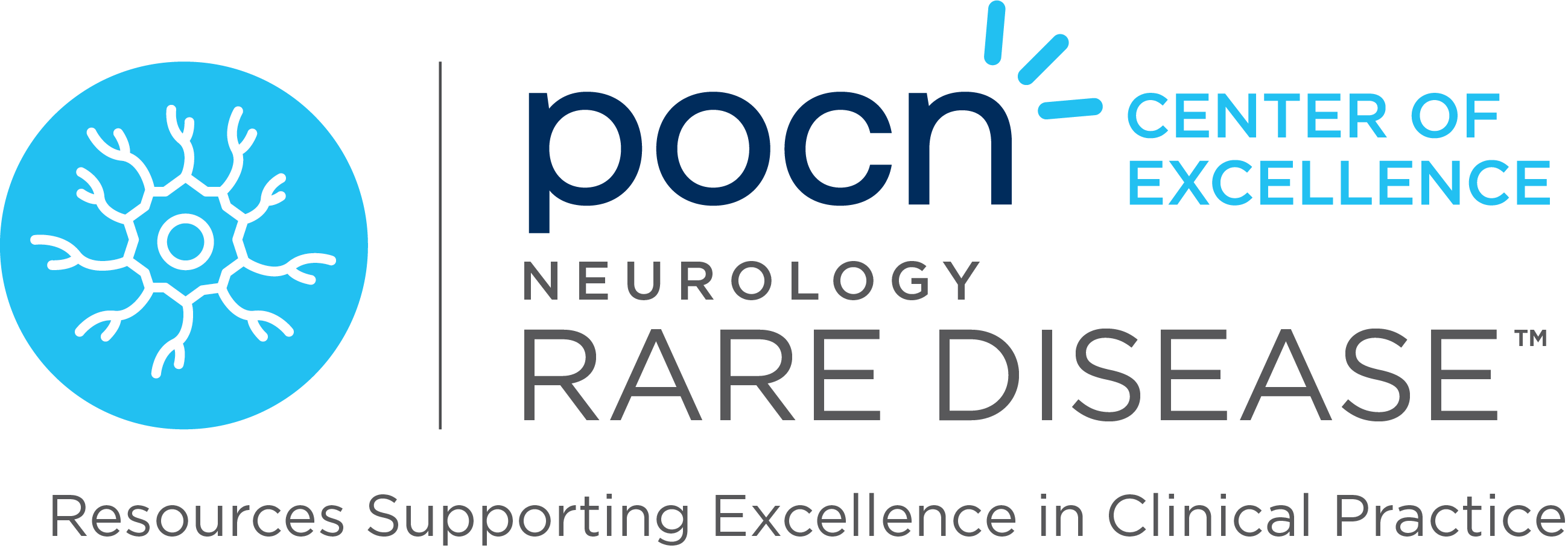A retrospective study examined the effectiveness and safety of efgartigimod treatment in 16 patients with generalized myasthenia gravis (gMG) who were seronegative for both acetylcholine receptor antibody and muscle-specific kinase antibody. Over the course of treatment, Myasthenia Gravis Activities of Daily Living (MG-ADL) scores improved from 9.2 to 7.4, while the mean prednisolone dose decreased from 5.4 to 4.1 mg/day. However, the duration before MG-ADL deterioration after the end of a treatment cycle was relatively short, at 6.1 weeks. Despite these findings, the study did not reveal significant treatment benefits in patients with double-seronegative gMG treated with efgartigimod. The study underscores the uncertainty surrounding the efficacy of efgartigimod in seronegative myasthenia gravis (MG) and highlights the need for further research in this area. While there were improvements in MG-ADL scores and reductions in prednisolone dosage, the short duration of benefit and the lack of significant treatment benefits overall suggest that efgartigimod may not be as effective in patients with double-seronegative gMG.
Reference: Horiuchi K, Nakamura S, Yamada K, Inoue T, Oiwa K. Retrospective Analysis of Efgartigimod Use in Patients with Double-seronegative Generalized Myasthenia Gravis: A Case Series. Neuromuscular Disorders. 2024. doi: 10.1016/j.nmd.



